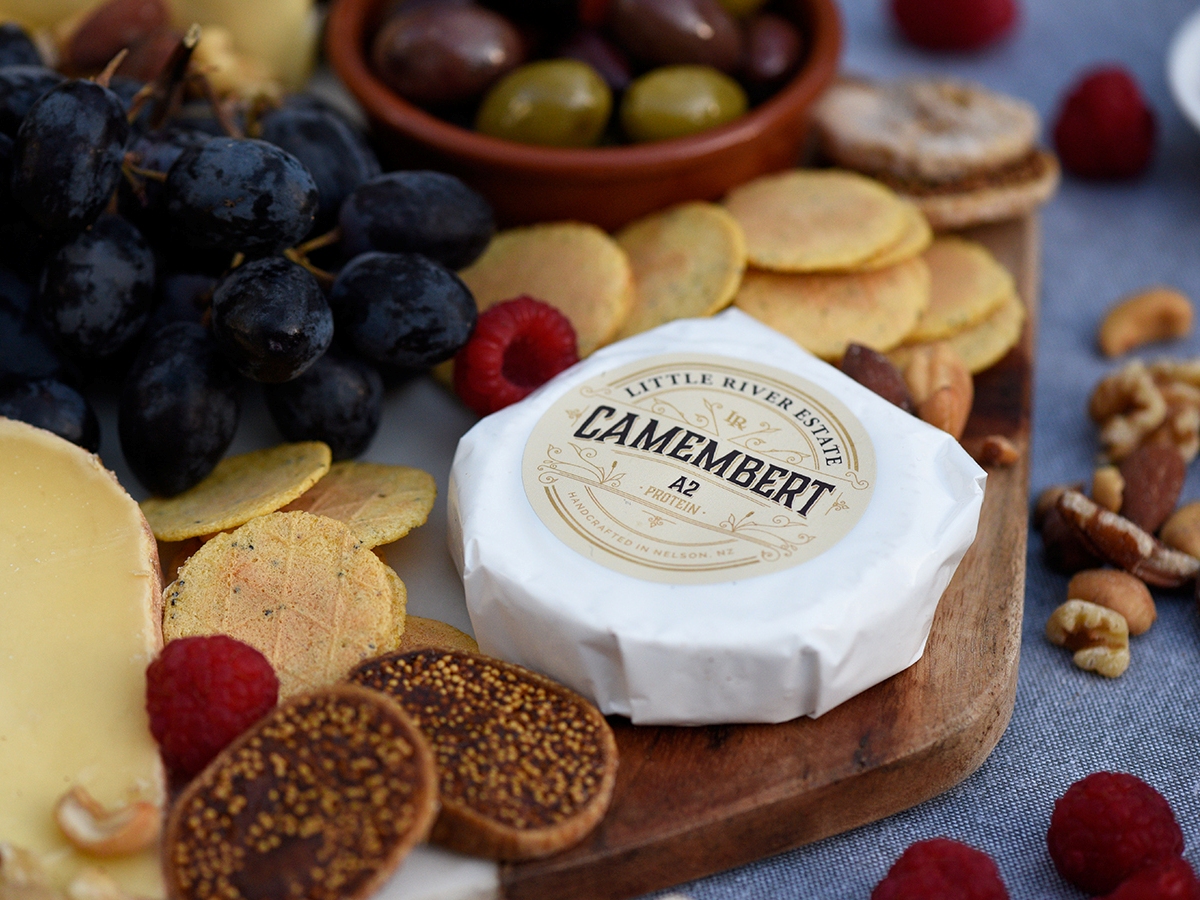As the EU-New Zealand FTA advances, New Zealand cheesemakers are urging both Governments to recognise and celebrate the shared cheesemaking heritage that exists between European countries and New Zealand. Failure to do so will rob numerous hard working New Zealand cheesemakers of investments they have made over decades, they say.
“New Zealand’s cheese industry is asking the Government to not give in to the demands of Eurocrats in Brussels to strip us of the right to use common description terms like Feta, Parmesan, and Gruyere,” says Catherine McNamara, Chair of the New Zealand Specialist Cheesemakers Association (NZSCA).
“These cheese names were brought to New Zealand by our industry pioneers and you need to look no further than this year’s New Zealand Champions of Cheese Awards to see they are an important and celebrated part of our vibrant and diverse cheesemaking industry.”
At the 2022 New Zealand Champions of Cheese Awards, 10 New Zealand made Fetas, five Parmesans and two Gruyeres received medals recognising excellence and quality. NZSCA is concerned that these companies will lose vital market recognition and face significant costs if the EU has its way.
Equally of concern is the EU’s push for an open-ended process allowing them the potential to further target other names such as Halloumi, Danbo and Havarti. This would expand the list of impacted medal winners from the 2022 New Zealand Champions of Cheese Awards by another 24 cheeses.
The cost impost would come from the need to develop new names, replace packing and artwork, and rebuild consumer recognition. Meanwhile, heavily subsidised imported EU cheeses would gain windfall monopoly rights to the names of cheeses that New Zealand businesses have developed markets for.
“The hard graft of entrepreneurial Kiwis at farmers’ markets, food shows and in retail has prompted people to try these cheeses, learn about them and develop a taste for them. It’s taken years to develop the New Zealand domestic market and now the predominantly small businesses who have done this work face losing these markets”, says McNamara.
“You wouldn’t even be able to remind New Zealanders that your ‘white crumbly salad cheese’ was ‘like’ a Feta, because the proposed rules around naming are so tight that New Zealand manufacturers can’t even ‘evoke’ or suggest a connection to the original names.”
The last few years have not been easy for any New Zealand business with rising costs and Covid-19 disruptions. Added to this, businesses are facing high inflationary cost pressures. The NZSCA is worried about what further added costs would mean.
“The frustration is that there is really no need for this. New Zealanders understand that these cheeses are made in different countries. There is no question that we are trying to imitate or confuse. It is basically just the world’s largest cheese exporter seeking to give its own producers a further leg up at our expense,” McNamara says.
“Although the EU is seeking concessions from New Zealand’s specialist cheesemakers to benefit its own producers in the New Zealand market, it is highly reluctant to open up its own market to New Zealand. The EU’s leaked 2020 dairy offer was for a mere 1500 tonnes of New Zealand cheese access to its nearly 10 million tonne domestic market, and not even duty free.
“We hope that Europe will reconsider its push to strip New Zealand producers of the rights to our shared cheese heritage. The FTA should deepen ties and celebrate the many commonalities we have with Europe, not ask our industry to erase decades of New Zealand food history and heritage.”



